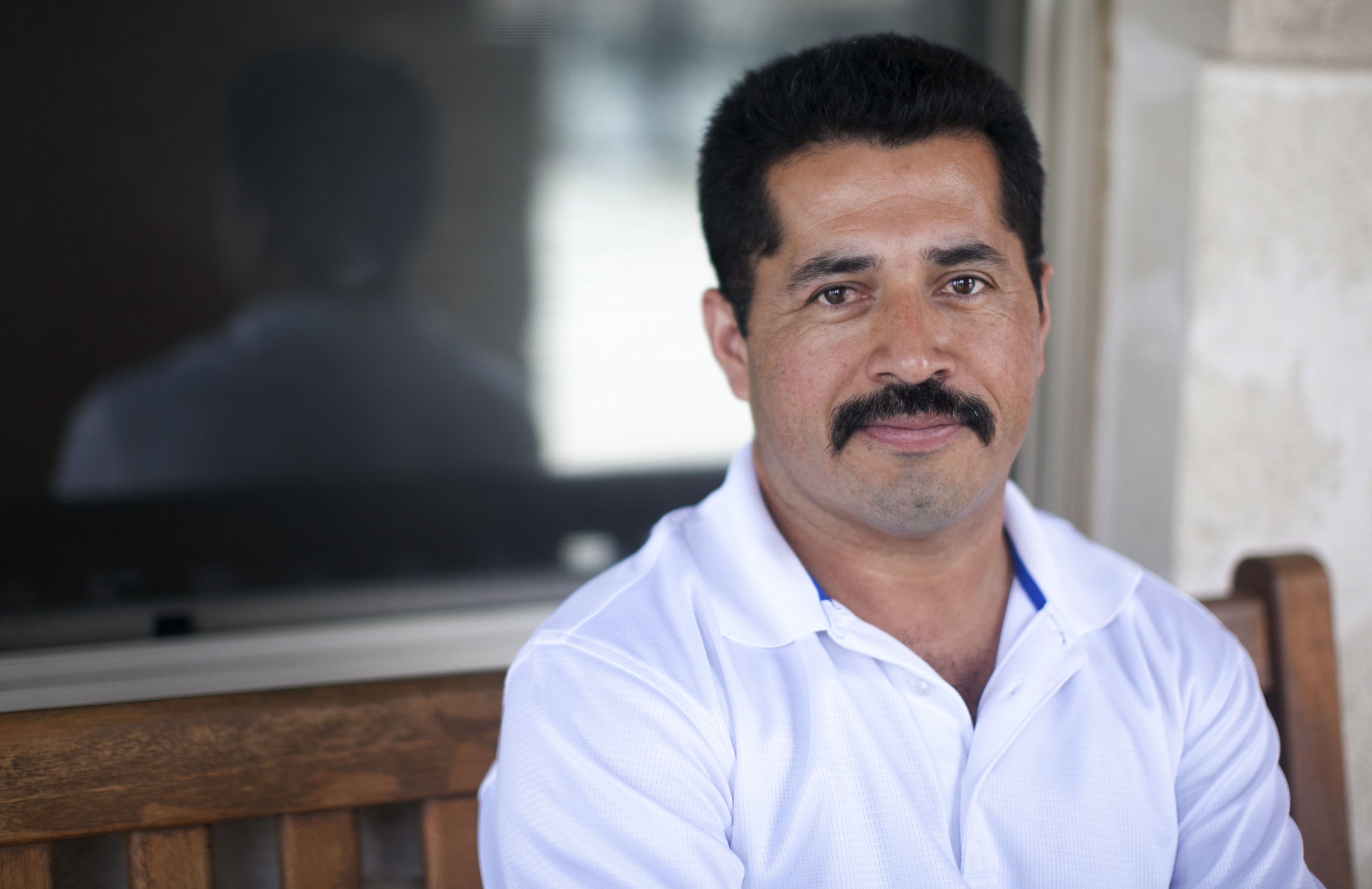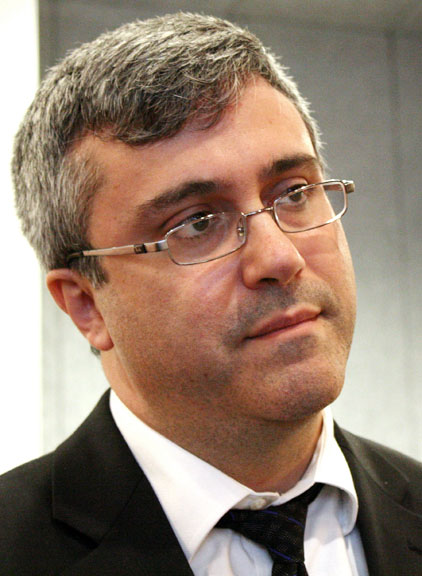All it takes is one buzzy story for mentions of
one of our key search terms to increase ninefold.
That term is voter ID, and that story comes to us
today from Pennsylvania. At a Pennsylvania Republican
Committee meeting this weekend, House Majority Leader
Mike Turzai said that the new voter ID law would help
Gov. Mitt Romney win the state.
The comment was reported by a Pennsylvania
political blog Monday afternoon, and exploded across
the Internet as progressive Twitter users reacted.
Top-flight news organizations as diverse as
CNN, Politico and even The New
York Times have covered the story, and a
tweet from Sandra Fluke, Georgetown law
student and progressive activist, has been retweeted
more than 100 times as of this blog post.
The resulting social media firestorm has pushed
mentions of voter ID on Twitter to nearly 9,300 in
the last 24 hours, the most seen in our regular
searches on Topsy.com.
More on the Twitter explosion later, but first,
some links.
What We’ve Been Reading
“Casting ballots on both sides of the
U.S.-Mexico border,” (Catherine E. Shoichet,
06/26, CNN)
“Pennsylvania’s Voter ID Law Spurs
Debate,” (Michael Cooper, 06/25, New York
Times)
“No voter ID measure expected this
session,” (John Frank, 06/26, Raleigh News &
Observer)
“Pay Those Bills On Time Or Forefeit
Right To Vote,” (Ed Kilgore, 06/26,
Washington Monthly)
“Gilchrist indicted for voter
fraud,” (Kaylee Remington, 06/26, The Morning
Journal)
“Detroit activists protest Gov. Rick
Snyder over ‘voter suppression’ bills, bridge
project,” (Jonathan Oosting, 06/26,
MLIVE)
Twitter Trends
We could tell you again about how many times
“voter ID” has been mentioned in the last 24 hours,
or we could just direct you to this helpful analytics chart from Topsy.com.
That steep climb in mentions, and the buzz-worthy
item in Pennsylvania has a lot of features that make
stories like it popular on social media sites.
It features a prominent but nationally unknown
state politician making politically tricky comments
at a party-sponsored event. The tone and implications
of Turzai’s comments lend credence to those who
oppose voter ID laws and believe Republicans are
trying to suppress Democrat voters. And the story has
been tossed around a variety of news sites, exposing
it to a wide audience and giving it the appearance of
a major news event.
The furor over Turzai’s comments may die soon.
We’re already seeing conservative pushback against
this progressive anger, alleging that voter ID
does intentionally suppress illegal or
fraudulent Democrat voters and is therefore required
and welcomed.
But know this: even the most inane political
comment is no longer safe from the 24-hour hyper news
cycle of Twitter, Facebook and the rest of the
Internet, as Turzai now clearly knows.
For more news and links, follow us @WhoCanVote.





